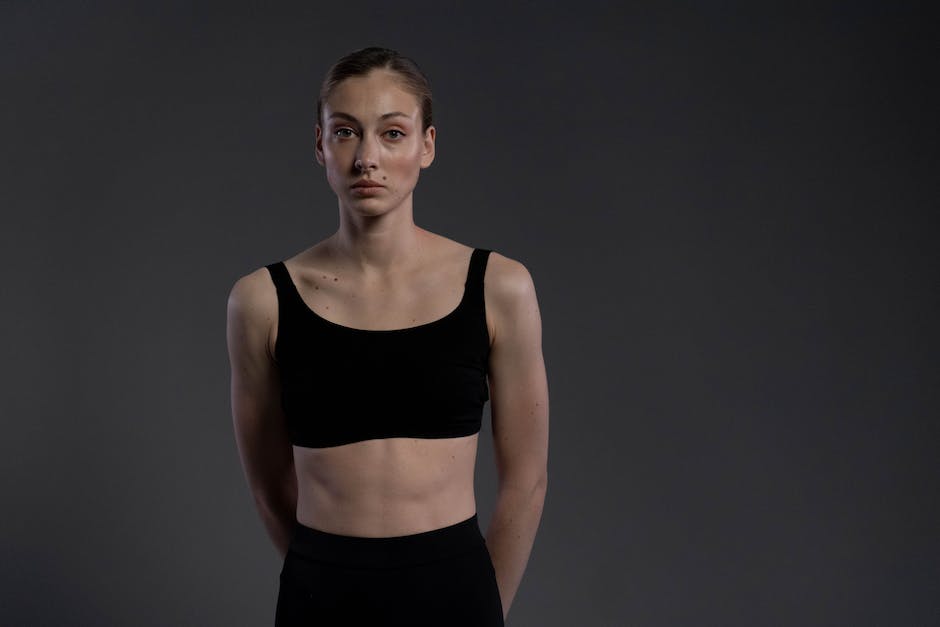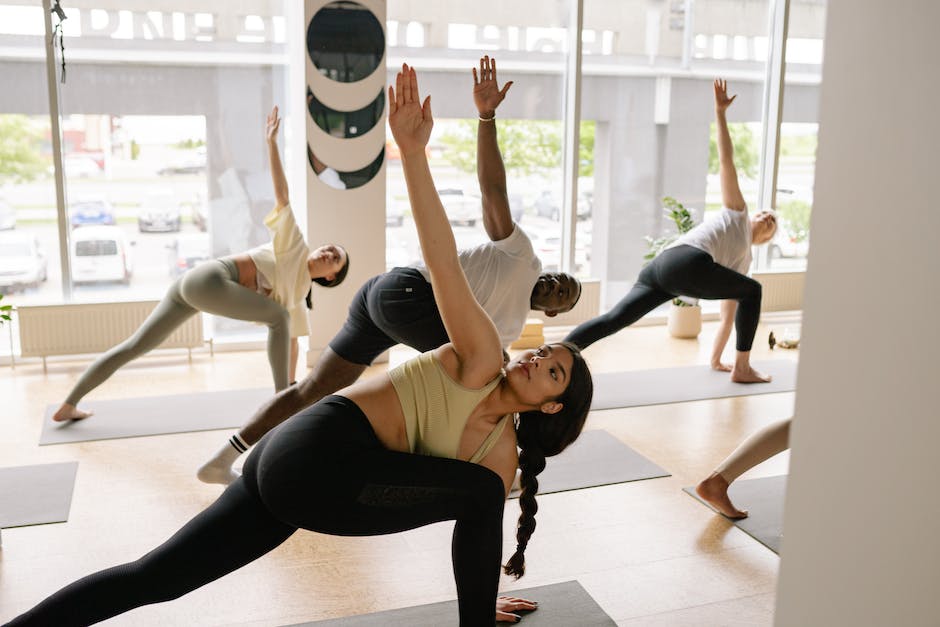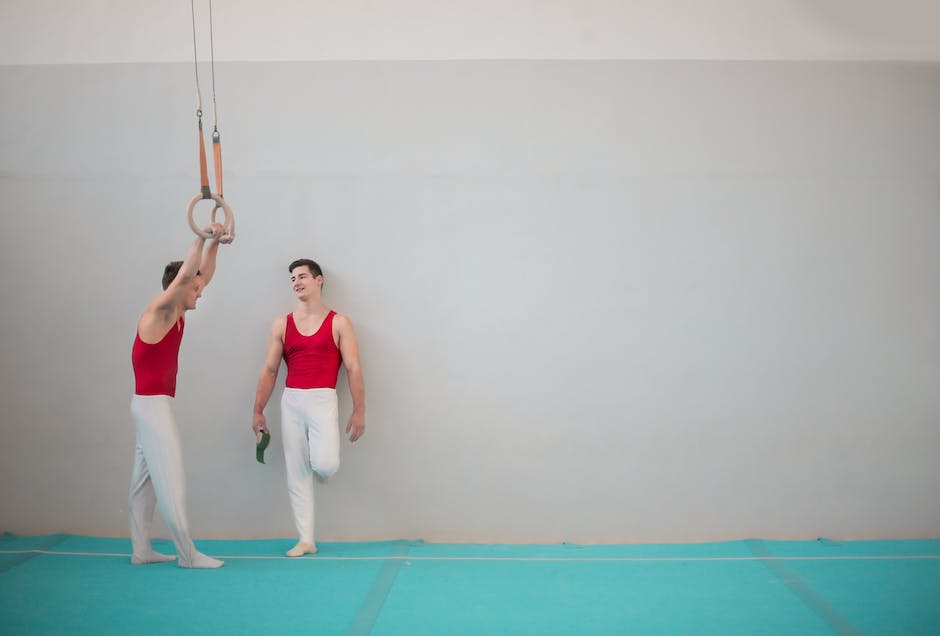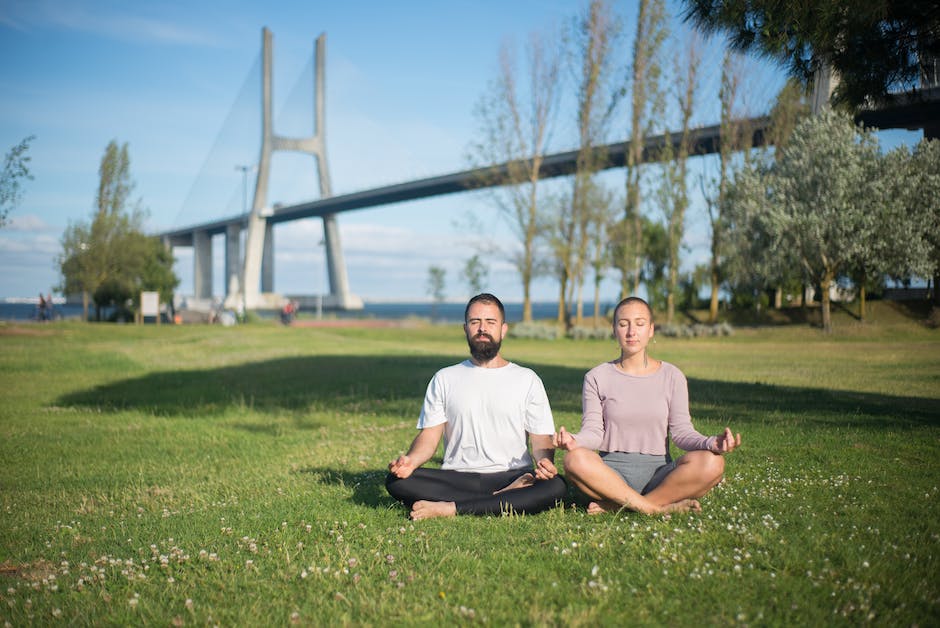
How Do I Get Certified To Teach Yoga
Becoming a certified yoga teacher can be a rewarding and fulfilling experience, allowing you to share your passion for yoga with others and help them improve their physical and mental well-being. However, the process of getting certified can be overwhelming, with many different options for training and certification available. In this blog post, we will provide a comprehensive guide to help you navigate the process and find the right certification program for you.
- Determine your goals and level of commitment.
Before you begin your journey towards becoming a certified yoga teacher, it's important to determine your goals and level of commitment. Are you looking to teach yoga as a full-time career or as a side hustle? Are you interested in teaching at studios, gyms, or your own business? Are you looking for a specific style of yoga, such as Vinyasa or Hatha? Answering these questions will help you narrow down your options and find the right certification program for you.
- Research different certification programs.
There are many different certification programs available, each with their own unique requirements, training styles, and costs. Some programs are more intensive and require a significant time commitment, while others are more flexible and can be completed at your own pace. Some programs also require a specific number of teaching hours or a certain level of prior yoga experience. It's important to research different programs and compare their requirements, costs, and training styles to find the one that best aligns with your goals and level of commitment.
- Consider the type of training you prefer.
Yoga teacher certification programs come in a variety of formats, including in-person, online, and hybrid (a combination of online and in-person). In-person programs allow you to learn in a physical setting and receive direct feedback from instructors, while online programs offer greater flexibility and can be completed at your own pace. Hybrid programs offer a balance between the two. Consider which format you prefer and which will work best for your schedule and lifestyle.
- Get hands-on experience.
One of the most important aspects of becoming a certified yoga teacher is gaining hands-on experience. Many certification programs require a certain number of teaching hours, during which you will lead classes and receive feedback from experienced instructors. Look for programs that offer opportunities for hands-on experience, such as apprenticeships or mentorship programs.
- Look into continuing education.
Continuing education is important for yoga teachers to stay current with the latest teaching techniques, anatomy, and philosophy. Look for certification programs that offer ongoing continuing education opportunities or that make it easy for you to access additional resources and training.
- Find the right community.
One of the most important aspects of becoming a certified yoga teacher is finding the right community. Look for programs that offer a supportive and inclusive environment, where you can learn from experienced instructors and connect with other aspiring teachers.
- Get certified.
Once you've completed your training and met the requirements of your chosen certification program, you will be eligible to take the certification exam. This exam will test your knowledge of yoga philosophy, anatomy, teaching techniques, and alignment. It's important to prepare adequately for the exam and to be confident in your abilities as a teacher.
Becoming a certified yoga teacher requires a significant commitment of time, money, and energy. However, with the right training and support, it can be a rewarding and fulfilling experience. We hope this guide has helped you navigate the process of getting certified and find the right certification program for you.
Popular Blog Posts
Latest News
Unveiling Our Yoga-Centric Universe
Embark on a holistic wellness journey with our experienced team of yoga enthusiasts, instructors, and advocates. Our mission, driven by expertise and zeal, is to make yoga a rewarding and accessible practice for all skill levels—from beginners to advanced yogis. But we go beyond yoga; we also delve into complementary areas like mindfulness techniques, guided meditation, and self-care rituals. These interrelated disciplines, we assert, are essential for unlocking a balanced, serene, and fulfilling lifestyle.
Favorite Yoga Resources
Your Daily Dose of Yoga Wisdom
"Yoga transcends the conventional definitions of an exercise regime; it is a way of life, a profound science that unravels the boundless potentials of our mind and soul."
- Anamika Mishra







